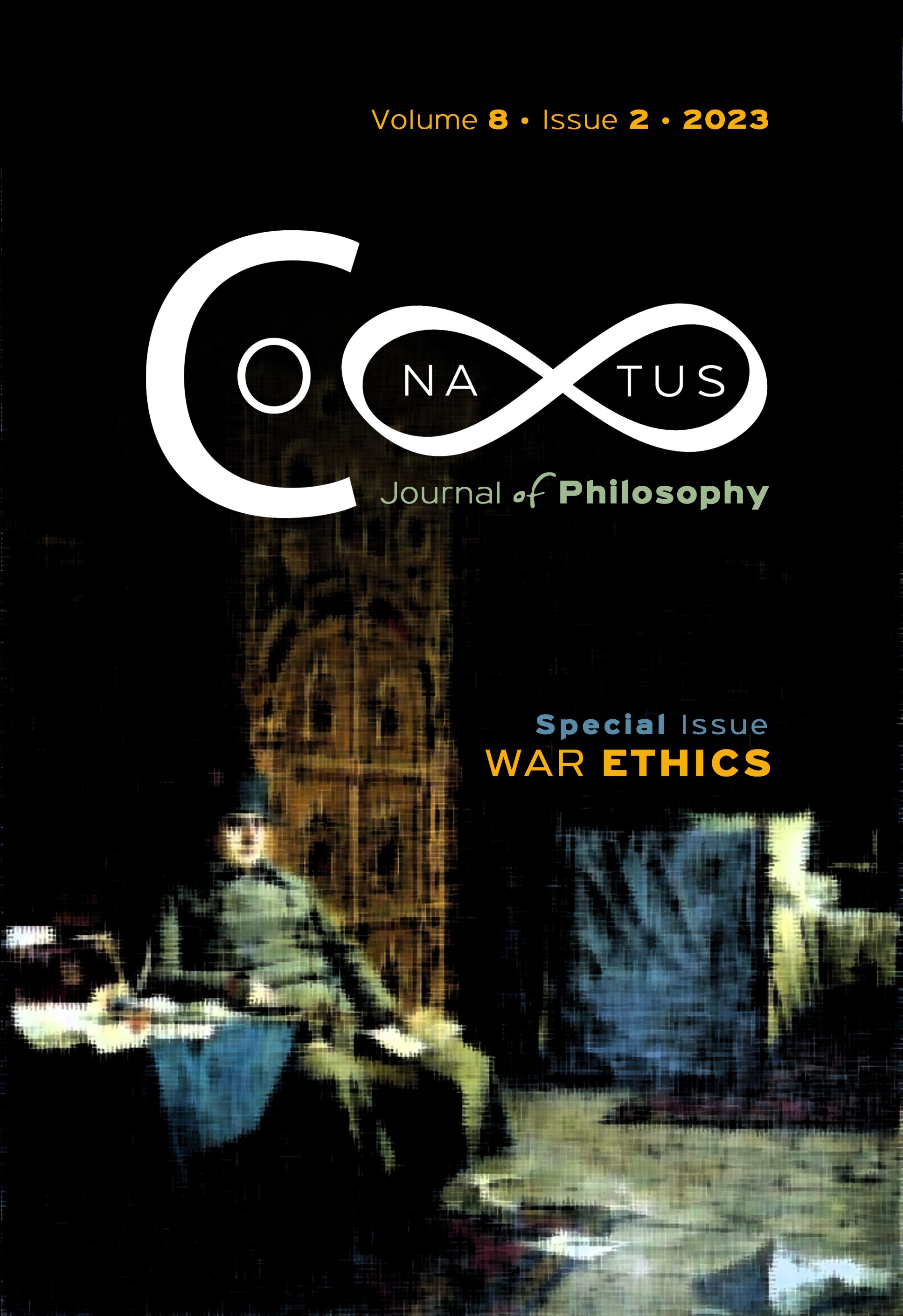The Ethics of Military Influence Operations

Abstract
This article articulates a framework for normatively assessing influence operations, undertaken by national security institutions. Section I categorizes the vast field of possible types of influence operations according to the communication’s content, its attribution, the rights of the target audience, the communication’s purpose, and its secondary effects. Section II populates these categories with historical examples and section III evaluates these cases with a moral framework. I argue that deceptive or manipulative communications directed at non-liable audiences are presumptively immoral and illegitimate for liberal states, as are deceptive operations aimed at an unjust end, or even operations aimed at a just end where secondary effects are forecast to be disproportionate to the proximate end.
Article Details
- How to Cite
-
Skerker, M. (2023). The Ethics of Military Influence Operations. Conatus - Journal of Philosophy, 8(2), 589–612. https://doi.org/10.12681/cjp.35113
- Section
- Articles
- Categories

This work is licensed under a Creative Commons Attribution-NonCommercial 4.0 International License.
Authors who publish with this journal agree to the following terms:
Authors retain copyright and grant the journal right of first publication with the work simultaneously licensed under a Creative Commons Attribution Non-Commercial International License (CC BY-NC 4.0) that allows others to share the work with an acknowledgement of the work's authorship and initial publication in this journal.
Authors are able to enter into separate, additional contractual arrangements for the non-exclusive distribution of the journal's published version of the work (e.g. post it to an institutional repository or publish it in a book), with an acknowledgement of its initial publication in this journal.
Authors are permitted and encouraged to post their work online (preferably in institutional repositories or on their website) prior to and during the submission process, as it can lead to productive exchanges, as well as earlier and greater citation of published work.





